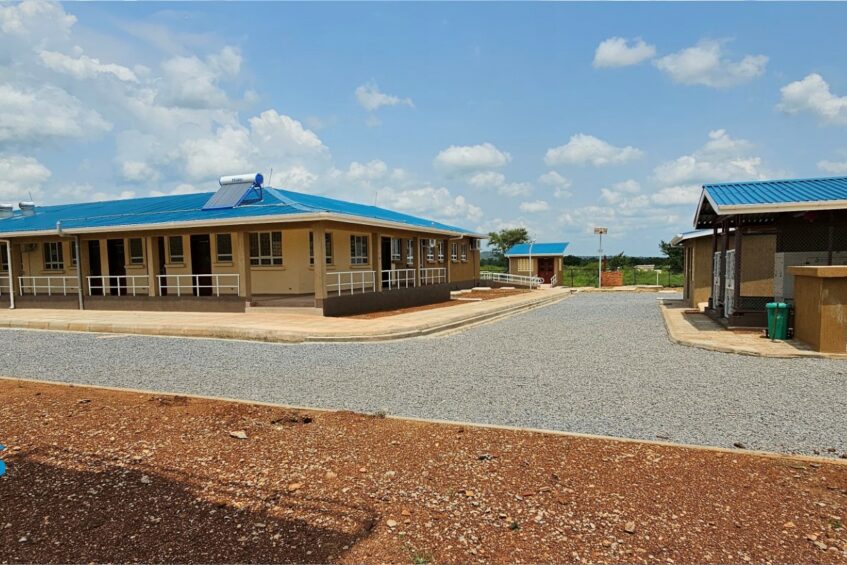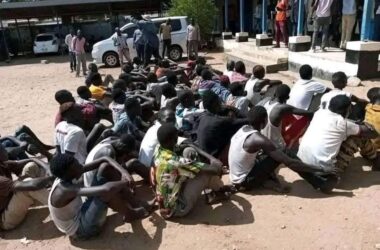By Mamer Abraham
United Nations Office for Project Services (UNOPS) and the International Organisation for Migration (IOM) have handed at least 333 structures to the ten states of South Sudan.
Enhancing Community Resilience and Local Governance Project (ECRP) Project Manager, John Nyirenda listed projects implemented by the two partner organisations.
These include 33 primary schools, 30 health facilities, 14 water yards, 229 boreholes, 8 feeder roads (40 km), 11 market sheds, 4 community centres, and 4 Haffars to authorities in 20 counties and 10 states across the country, he said.
According to Nyirenda, the physical infrastructure were constructed and some renovated under a three-year “Enhancing Community Resilience and Local Governance Project” (ECRP).”
However, Nyirenda did not specify in a statement, about the particular physical infrastructure, each county received.
In the statement, No. 1 Citizen Daily Newspaper has seen, the joint project had improved the capacity of 369 bomas and 20 county coordination committees.
The project was funded by the World Bank in a bid to deliver satisfactory services to the people and strengthen the local institutions.
Started in September 2020, the project which expires on July 31, 2024, aimed at gearing the communities towards the Sustainable Development Goals (SDGs).
Last month, the government and partners disclosed a new project worth $129 million for the Productive Safety Net for Socio-economic Opportunities Project (SNSOP).
It is estimated that the project will benefit over 96,000 vulnerable households across fifteen counties through livelihood services and cash transfers, as well as delivering a national safety net system.
National minister for agriculture and food security, Josephine Joseph Lagu stated that concerted efforts were needed for the country to attain sustainable development.
“More efforts need to be exerted in the provision of social protection opportunities,” Minister Lagu stressed.
Meanwhile, the national minister for gender, child, and social welfare, Aya Benjamin Warila said the project would enable vulnerable people to receive satisfactory services.
“It also contributes to the further strengthening of the nascent National Safety Net Delivery System in South Sudan,” Aya noted.




